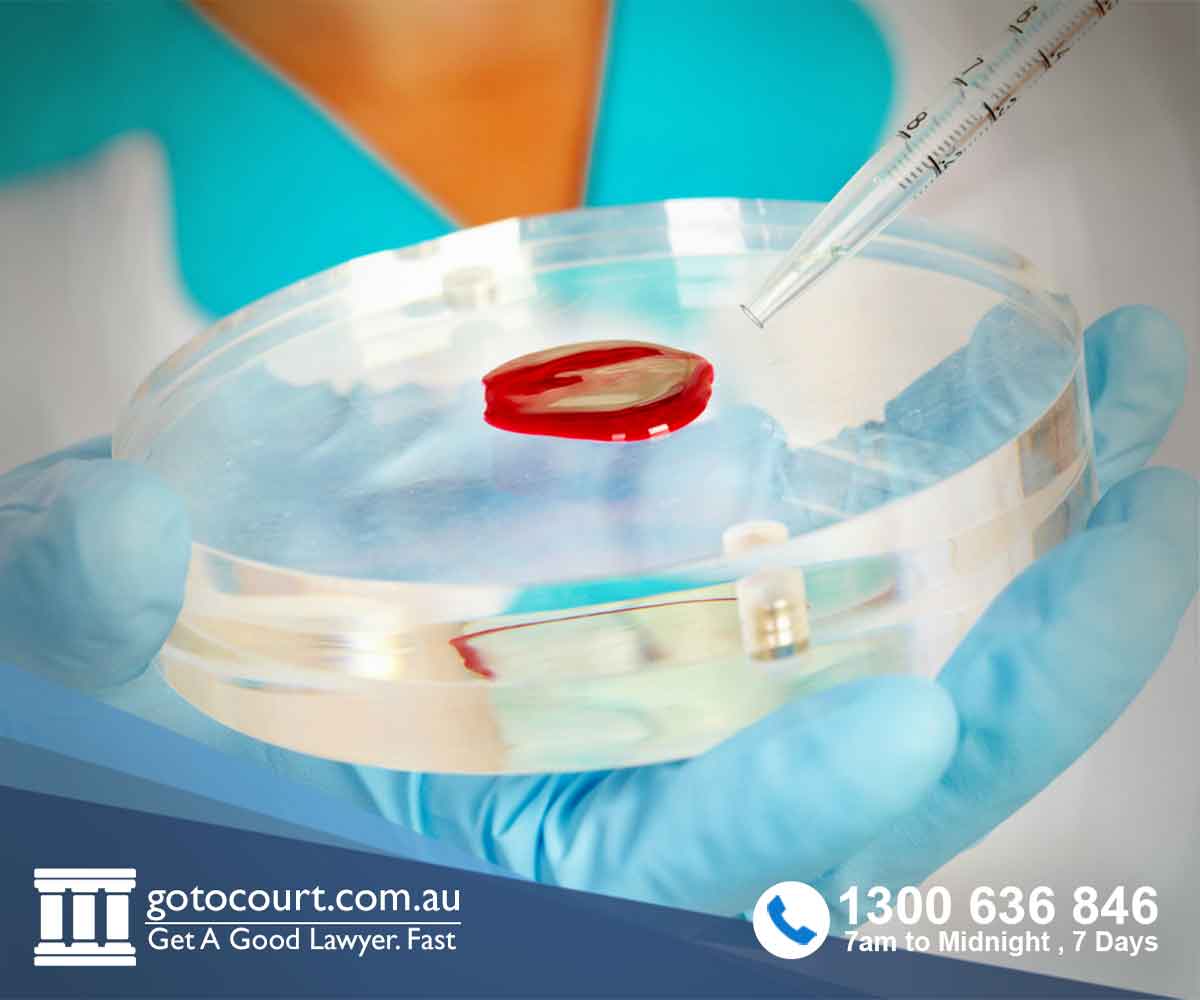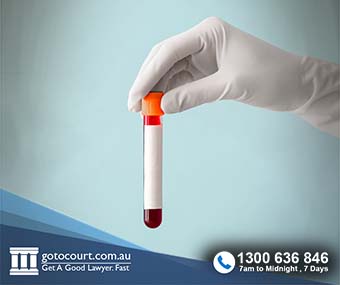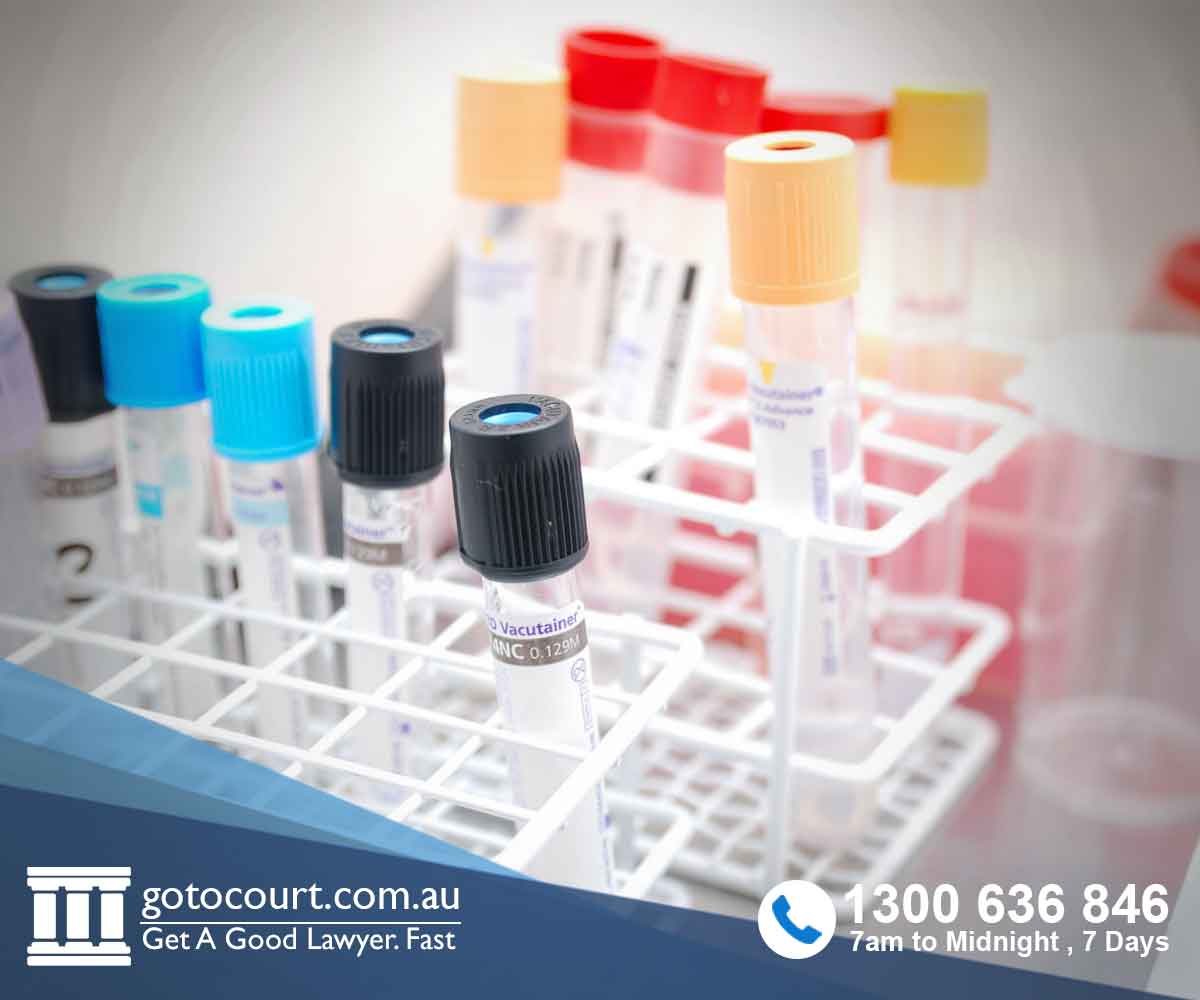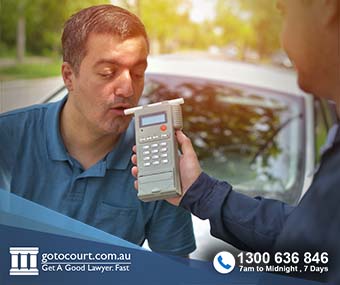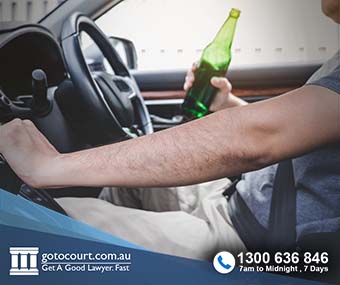Call our lawyers
now
or,
have our lawyers
call you
Drug Testing in Western Australia
Updated on Dec 12, 2022 • 5 min read • 472 views • Copy Link
Drug Testing in Western Australia
Under the Western Australian Road Traffic Act 1974, it is a criminal offence to drive a motor vehicle whilst impaired by drugs or with a prescribed illicit drug in your blood.
In certain circumstances, police officers in Western Australia can require you to take part in a preliminary oral fluid test or a drug impairment assessment for the purposes of checking whether you have committed one of these offences. You may also be required to provide a blood, urine, or oral fluid sample to check whether you have a prescribed drug in your system or are drug impaired. These samples cannot be used to collect your DNA.
The rules for drug testing in Western Australia are found in the Road Traffic Act 1974, together with rules found in a number of regulations such as the Road Traffic (Drug Driving) Regulations 2007 and the Road Traffic (Urine Sampling and Analysis) Regulations 1983.
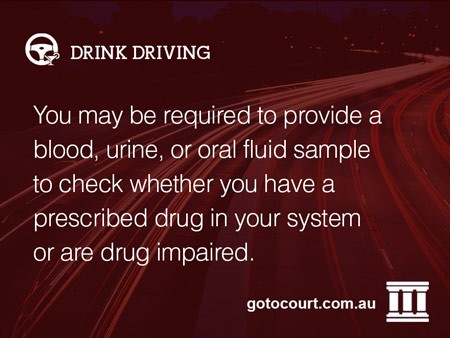
Types of tests
You might be required to take a different test depending on whether a police officer suspects you of being drug impaired or of having a prescribed illicit drug in your blood.
In the former case, you will be required to undertake a driver assessment. The police officer who assesses you decides how the assessment is conducted based on your behaviour, demeanour and condition. This includes, for example, whether your comprehension seems to be affected by drugs and whether your eyes indicate drug ingestion.
In the latter case, the police officer may require you to take part in a preliminary oral fluid test, which involves wiping a device on your tongue to check your saliva for the presence of a prescribed illicit drug.
If either test proves positive, you will have to undergo further tests. In the former case, you will usually be required to give a blood or urine sample for further testing. In the latter case, you will usually give another sample of your saliva for follow-up testing.
Driver assessments
For the purposes of drug testing in Western Australia, a police officer may require you to take a driver assessment if you are the driver of a motor vehicle and they have reasonable grounds to suspect that you have driven the motor vehicle and were impaired by something other than alcohol that would affect your ability to drive.
You can also be required to take a driver assessment if a car is involved in an accident that causes damage to property and the police officer is uncertain, but thinks that you reasonably might have been the driver. You might be required to leave your car for the assessment or wait in a particular place to take the assessment. However, a police officer cannot require you to take a driver assessment more than four hours after the incident of driving that made the police officer think you might be drug impaired. You also cannot be required to take the driver assessment if you have a physical condition that prevents you from doing so.
Preliminary oral fluid tests
One of the most common methods of drug testing in Western Australia is through a preliminary oral fluid test.
A police officer can require you to take a preliminary oral fluid test randomly, or if they have reasonable grounds to believe that you were the driver of a motor vehicle that was involved in a crash that caused personal injury to a person. You must comply with the directions of the police officer administering the test. The police officer must also make sure they do certain things when they administer the test, such as checking the device is not damaged, and making sure a sufficient sample of your saliva is collected for testing.
Follow-up tests
If you take a driver assessment and the police officer is of the opinion that it indicates you are drug impaired, or if you refuse to undergo a driver assessment, a police officer can require you to give a sample of your blood or urine for drug testing. The sample must be taken by a medical practitioner, and cannot be taken more than four hours after the incident of driving that led the police officer to believe you might be drug impaired.
If the results of a preliminary oral fluid test are positive or if you fail to take the test, you will be required to give a further oral fluid sample for drug testing. There are prescribed steps that must be complied with in order for this second oral fluid test to be undertaken. In either of these cases, the sample taken will be divided into two parts and you will be given half of it.
Offences
It is a criminal offence to fail to comply with a driver assessment, preliminary oral fluid test or further test, unless you have a legitimate reason for not complying (eg on medical grounds). The penalty depends on the offence committed. For example, if you fail to provide an oral fluid sample for drug testing without a valid reason, the maximum penalty for a first offence is a fine of 10 penalty units.
If you refuse to take a driver assessment, the maximum penalty for a first offence is a fine of up to 50 penalty units and disqualification from driving for 10 months.

Affordable Lawyers
Our Go To Court Lawyers will assist you in all areas of law. We specialise in providing legal advice urgently – at the time when you need it most. If you need a lawyer right now, today, we can help you – no matter where you are in Australia.How It Works







1. You speak directly to a lawyer
When you call the Go To Court Legal Hotline, you will be connected directly to a lawyer, every time.


2. Get your legal situation assessed
We determine the best way forward in your legal matter, free of charge. If you want to go ahead and book a face-to-face appointment, we will connect you with a specialist in your local area.


3. We arrange everything as needed
If you want to go ahead and book a fact-to-face appointment, we will connect you with a specialist in your local area no matter where you are and even at very short notice.

